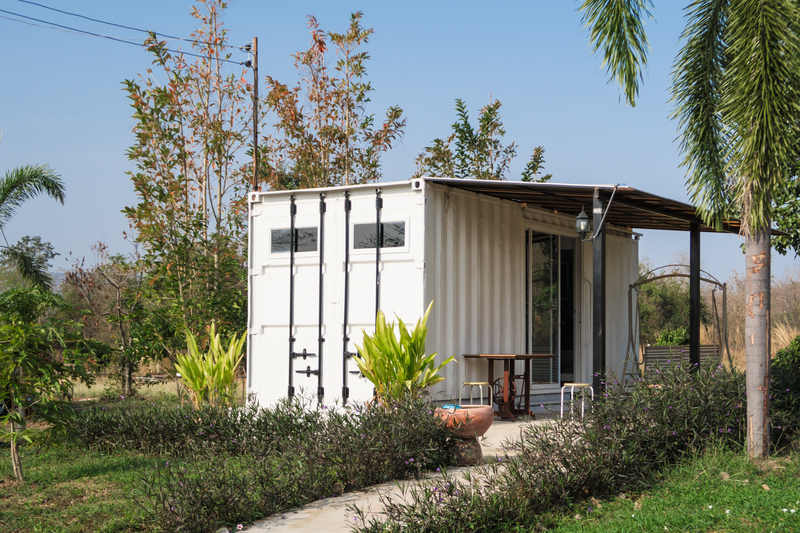Minimalist Approach: Benefits
Posted on 18/11/2024
In a world saturated with excess, the minimalist approach offers a refreshing retreat. The philosophy of minimalism revolves around simplifying life by reducing distractions and focusing on what truly matters. By embracing a minimalist approach, one can achieve a life filled with purpose, clarity, and equilibrium.
Emotional and Psychological Benefits
Adopting minimalism can foster profound emotional and psychological benefits. By decluttering physical and mental spaces, one often experiences reduced stress and anxiety. A cleaner environment promotes a sense of peace and enhances mental clarity, enabling individuals to focus better and make more deliberate decisions.

Financial Benefits
Minimalism can lead to substantial financial savings. By prioritizing needs over wants, individuals can reduce unnecessary expenses and allocate resources efficiently. The minimalist lifestyle encourages mindful consumption, decreasing the impulse to buy unnecessary items, thus contributing to long-term financial well-being.
Environmental Impact
A minimalist lifestyle is inherently more environmentally friendly. By consuming less, individuals contribute to the reduction of waste and carbon footprint. Minimalism promotes sustainability through conscious consumption, supporting eco-friendly practices and reducing the demand for excessive production and consumption.
Enhanced Productivity
Minimalism enhances productivity by streamlining choices and simplifying environments. Without the distraction of excess possessions, individuals can focus more effectively on tasks at hand. This streamlined focus often results in higher quality output and greater personal satisfaction.
Improved Relationships
The minimalist approach can greatly improve personal relationships. By valuing quality over quantity, minimalists often find more meaningful connections and invest time and energy into nurturing significant relationships. This can lead to deeper, more fulfilling interpersonal connections and a stronger sense of community.
Health Benefits
A minimalist lifestyle extends to health benefits as well. By eliminating clutter, individuals reduce distractions and stress, which can contribute to better mental health. Moreover, minimalism often promotes healthier lifestyle choices, such as eating more consciously, staying physically active, and ensuring ample rest and relaxation.
Pros and Cons
Pros:
- Reduces stress and anxiety.
- Enhances financial stability.
- Promotes environmental sustainability.
- Increases productivity.
- Improves interpersonal relationships.
- Encourages healthier living.
Cons:
- Initial adjustment period can be challenging.
- May feel isolating if living in a non-minimalist community.
- Requires intentional effort and discipline.
Tips for Embracing Minimalism
- Start small by decluttering one space at a time.
- Focus on quality over quantity when making purchases.
- Practice mindful consumption by considering needs vs. wants.
- Set clear goals and priorities to stay focused.
- Regularly reassess and adjust your minimalist practices.

Takeaways
Embracing a minimalist approach can significantly enhance various aspects of life. From emotional well-being to financial stability, minimalism offers a pathway to a simpler, more purposeful existence. By mindfully reducing excess and focusing on what truly matters, one can achieve greater fulfillment and harmony.
Conclusion
In conclusion, the minimalist approach is a beneficial lifestyle choice that promotes simplicity, intentionality, and purpose. While it may require some initial adjustments, the rewards of reduced stress, financial freedom, environmental sustainability, and overall well-being are well worth the effort. By gradually integrating minimalist principles and practices, anyone can begin to experience the profound benefits of a minimalist lifestyle.
Latest Posts
From Eyesore to Masterpiece: When Garbage Becomes Art
Industry welcomes government's move towards increased e-waste recycling

 020 8610 9486
020 8610 9486










